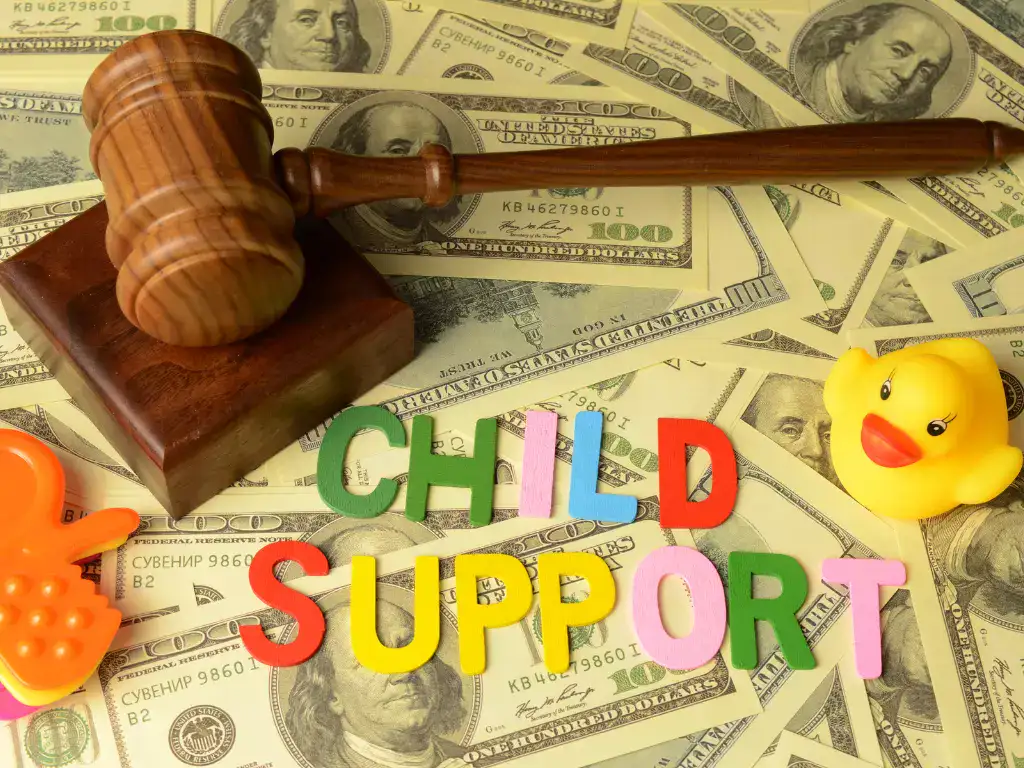Published in Family Law by Chris Eskew on March 15, 2024.
Financial support is crucial to your child’s ability to grow up in a stable environment. However, you might wonder how long you’ll have to pay child support in Indiana.
When Does Child Support End in Indiana?
In Indiana, child support typically ends when the child turns 19 years old, unless the child is incapacitated. Upon reaching 19 years of age, the child is emancipated by operation of law, terminating the non-custodial parent’s obligation to pay current child support. However, if the child is incapacitated, child support continues during the incapacity or until further order of the court.
Under either scenario, the custodial parent must petition the court to extend the child support obligation before the child reaches 19 years of age.
Indiana law defines an incapacitated child as a child who can’t support him or herself due to a disabling medical condition. A court will typically order that the child support continue so long as the child is incapacitated. Therefore, if you have a child with a disabling medical condition, your obligation to pay child support in Indiana may continue indefinitely.
If your child is still enrolled full-time in high school when they turn 19, the parent receiving the child support must file notice with the court and provide such notice to every party between the no sooner than the child’s 17th birthday and no later than the child’s 19th birthday. The notice must include proof of the child’s enrollment and his or her expected graduation date. Only then may the parent receiving child support petition the court to extend the child support payments while the child remains enrolled in high school. Child support continues until and terminates upon the child’s graduation from high school.
How Can I Stop Paying Child Support Before My Child Turns 19?
There are some scenarios in which a child support obligation may stop before your child turns 19. Indiana law lists several circumstances under which you may petition the court to emancipate your child. It is important to understand that the term “emancipation” here is used within the scope of a child support obligation. If the court agrees to emancipate your child, then your child support obligation ends.
If your child is under 19, a court will emancipate your child if:
● Your child gets married,
● Your child is serving on active duty in the United States armed services, or
● Your child is not under the care or control of either parent or a court-approved individual or agency.
You must petition the court to emancipate the child and end your child support obligation to that child if one of these circumstances is true.
A court might emancipate your child if the child is:
● At least 18 years old,
● Has not attended a secondary or postsecondary school in four months,
● Is not currently enrolled in school, and
● Is or is capable of supporting him or herself through employment.
A court may not completely end the child support under these circumstances. The court could find that the child is only able to partially provide for themself. If so, a the court may modify, rather than terminate, the child support payments.
What Happens After My Child’s Emancipation?
After your child turns 19 or is legally emancipated, you might need to take additional steps to ensure that you comply with any outstanding court orders.
More Than One Child
If you have another child under 19 covered by the same support order as the recently emancipated child, you will need to modify your child support order. How child support is calculated may change, as you’ll only be responsible for the other children under 19 and not the emancipated child. However, other considerations regarding child support modifications will need to be considered. Indiana Judicial Branch’s child support calculator can help you estimate your new (if any) child support payments.
Child Support Arrears
You are still responsible for paying any child support arrears after your child support payments end. The Indiana Department of Child Services can take action to collect your past unpaid child support. Possible enforcement measures include:
● Denying or revoking a passport,
● Intercepting your federal or state tax refunds, lottery winnings, or insurance settlements,
● Suspending your driver’s or professional licenses,
● Garnishing your bank account, and
● Placing a lien on your vehicle.
It’s important to pay any back child support you owe so you don’t have to face these consequences.
Do I Have to Contribute to My Child’s College Costs?
Under current Indiana law, a court may order you to contribute to your child’s college expenses even if they’re over 19. The custodial parent or the child must petition the court before the child turns 19 to request that you pay for some of these expenses.
To decide how much each parent must pay for the child’s educational expenses, the court may determine how much the child can pay independently. Then, the court may split the remainder of the college expenses between the parents based on their respective income and ability to pay.
Call Our Child Support Lawyers Today
Indiana’s detailed laws and procedures to modify or stop your child support may be overwhelming. That’s why Eskew Law, is here. Our child support attorneys can advise you on your options and represent you in the modification or emancipation process. Contact us today.

